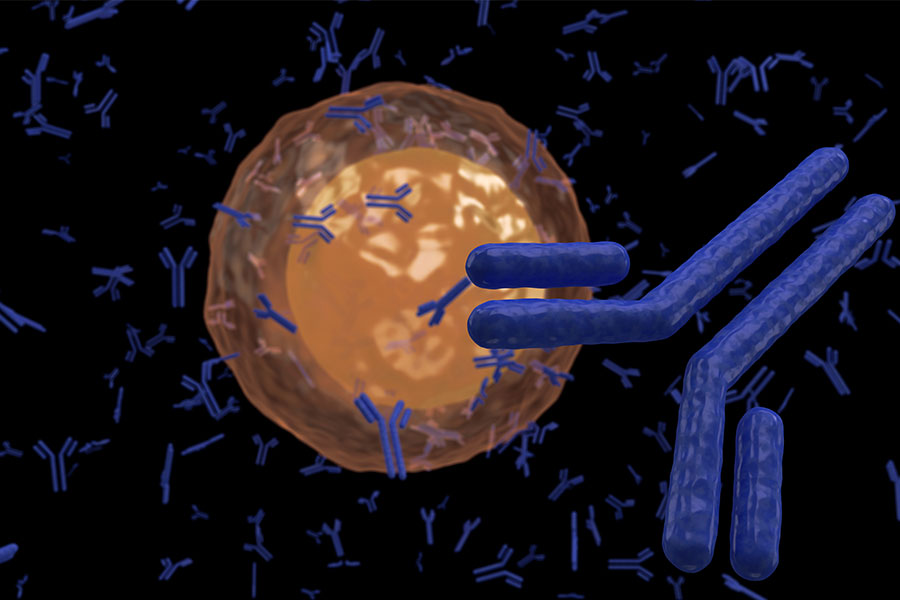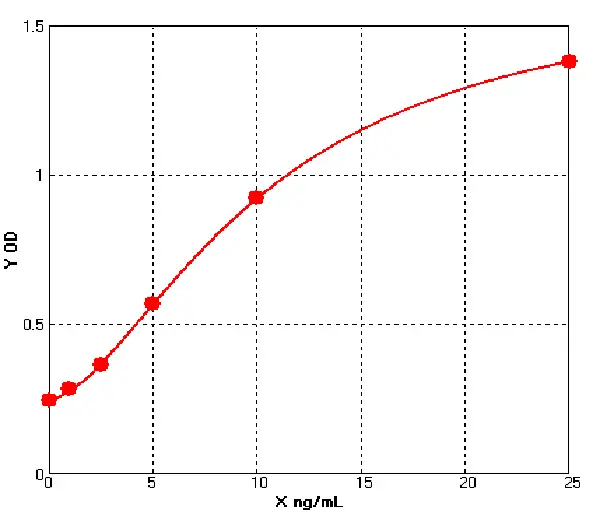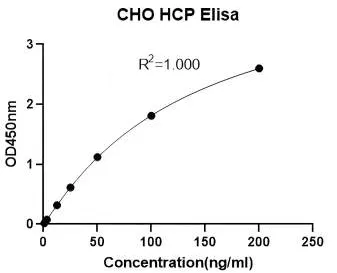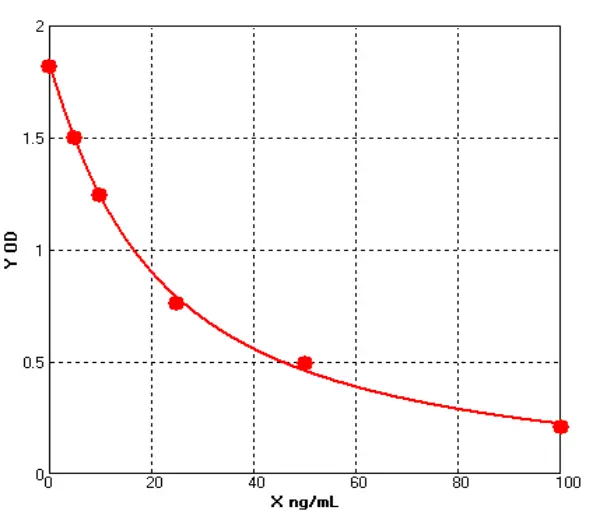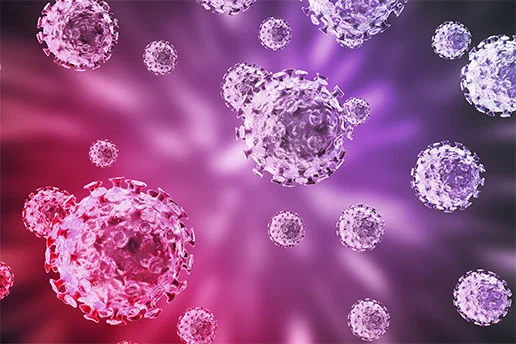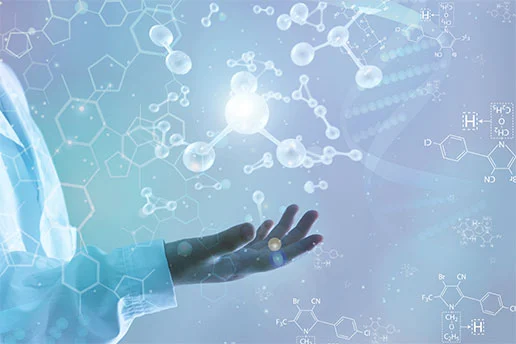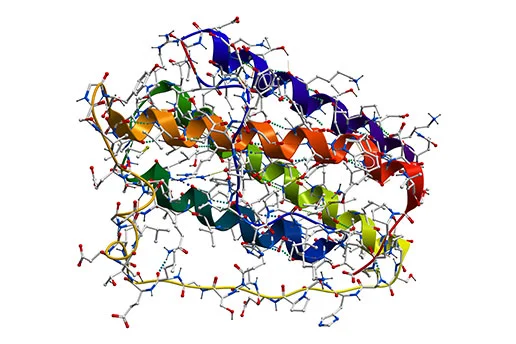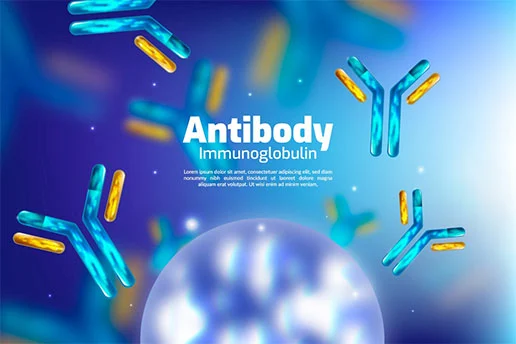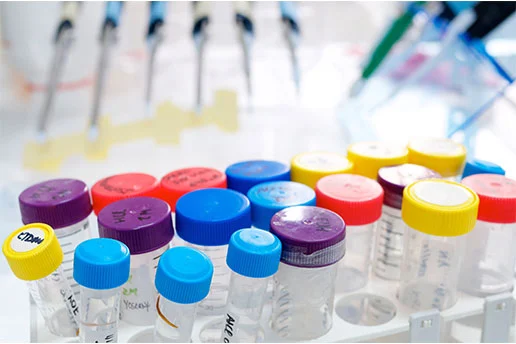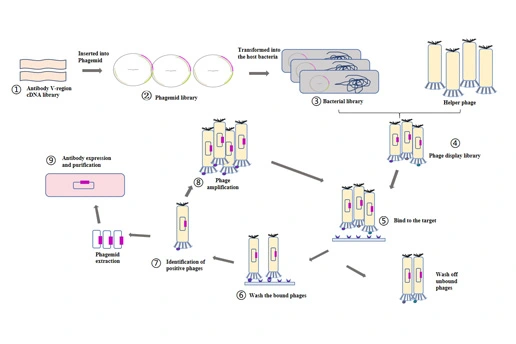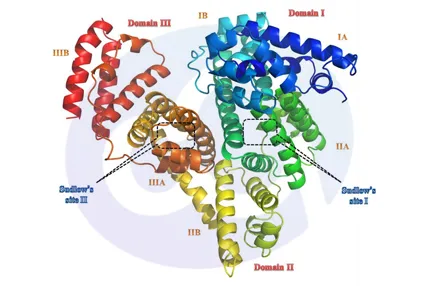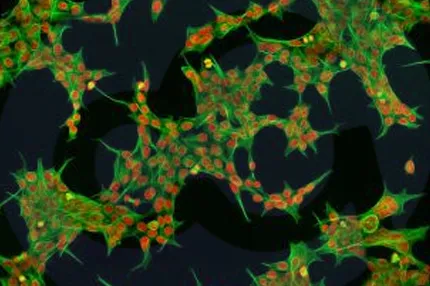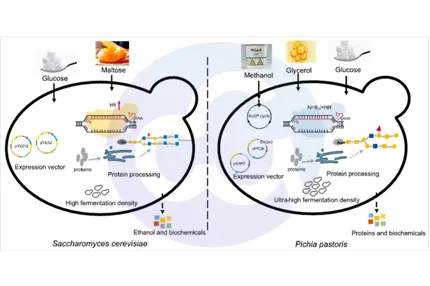-
Host Cell Protein Detection Kits
- CHO Host Cell Protein ELISA Kit
- E. coli Host Cell Protein ELISA Kit
- HEK 293 Host Cell Protein ELISA Kit
- Pichia pastoris Host Cell Protein ELISA Kit
- Ogataea polymorpha Host Cell Protein ELISA Kit, G3
- Saccharomyces cerevisiae Host Cell Protein ELISA Kit, G3
- Spodoptera fugiperda 9 (Sf9) Host Cell Protein ELISA Kit, G3 (Applicable to Sf9 and related cell lines)
- Dilution Buffer
-
Bioprocess lmpurity ELISA Kits
- Human Immunoglobulin G (IgG) ELISA Kit
- Goat Immunoglobulin G (IgG) ELISA Kit
- Human Serum Albumin (HSA) ELISA Kit
- NE01I0004 Human Insulin (INS) ELISA Kit ( Double Antibody Sandwich Method )
- Bovine Serum Albumin (BSA) ELISA Kit
- Dextran Sulfate Salt Detection Kit (Spectrophotometric Method-200 Tests)
- Protein L (PL) ELISA Kit
- Kanamycin (KA) ELISA Kit
- Human Immunoglobulin A (IgA) ELISA Kit
- Human Immunoglobulin M (IgM) ELISA Kit
- Mouse Immunoglobulin G (IgG) ELISA kit
- Bovine Immunoglobulin G (IgG) ELISA kit
- Protein A (PA) ELISA kit-Boiling
- Protein A (PA) ELISA Kit
- Diluent Buffer for Protein L ELISA kit
-
Host Cell DNA Residue Detection Kits
- CHO HCD Residue Detection Kits
- NS0 HCD Residue Detection Kits
- Vero HCD Residue Detection Kits
- E.coli HCD Residue Detection Kits
- HEK293 HCD Residue Detection Kits
- PP HCD Residue Detection Kits
- MDCK Host Cell DNA Residue Detection Kit
- Saccharomyces Cerevisiae Host Cell DNA Residue Detection Kit
- Magnetic Residual DNA Sample Preparation Kit
- DNA Dilution Buffer
- Residual Total RNA Detection Kits (qRT-PCR)
- Antibodies
- Recombinant Proteins
- ELISA Kits
- Cellular Component Protein Library
- Plasmids
- Promotions
-
BSA: Familiar Yet Unfamiliar – Launch of the Anti-Interference BSA ELISA Kit
Bovine Serum Albumin (BSA) is widely used in in vitro diagnostics and the industrial production of biopharmaceuticals, making it a familiar name in the field. However, its source, structure, function,...
Feb.24, 2026Read More > -
HEK293 HCP ELISA: Fit for Viral Purification Processes, That’s What Truly Matters
Origin of HEK 293Human Embryonic Kidney 293 cells, commonly referred to as HEK 293, HEK-293, or 293 cells, are an immortalized cell line isolated from the embryo of a pregnant female in the 1970s[1].I...
Feb.11, 2026Read More > -
Yeast Family: Pichia pastoris (GS115) HCP ELISA
1. Application Background:Pichia pastoris is one of the most widely used expression systems for innovative antibody expression in vaccines nowadays. Yeast is extensively applied in modern industry [1]...
Jan.20, 2026Read More >
Antibodies Production
Antibodies can be classified into lectins, precipitins, antitoxins, lysins, opsonins, neutralizing antibodies, and complement-fixing antibodies according to their reaction forms. After the foreign antigen enters the body, it activates B cells and produces specific antibodies against it. Small B cell lymphoma would undergo Mitotic proliferation and transformation when first exposed to known antigens.
When an antigen enters the body for the first time, It will stimulate little specific cell clones to proliferate and reach a sufficient number of responding cells, which is called the primary response. . When the same antigen enters the body again, the original antibody binds to the antigen, the antibody titer increases rapidly. Memory B cells are activated, which is called the secondary response or anamnestic response.
